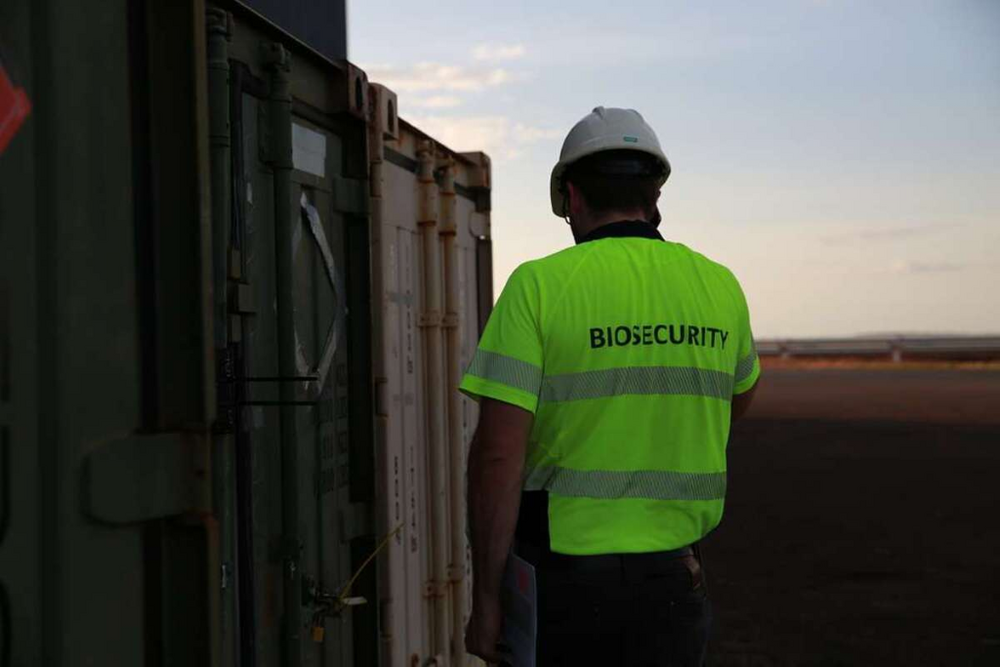Grain groups say region will be hit hard by new Federal Food Tax
Luke Williams
02 May 2024, 3:40 AM
 Image: Farm Online.
Image: Farm Online. Agricultural groups says the proposed Federal Food Levy will hurt farmers, drive up the cost-of-living and make groceries more expensive at the checkout.
Under the proposal announced in the federal budget last year, primary producers will cover about 6% of the biosecurity protection levy. Importers, considered to bring the highest risk, will pay about 48%, with taxpayers and Australia Post covering 44% and 2%, respectively.
GRAIN Producers Australia and GrainGrowers were united in opposition to the current Biosecurity Protection Levy framework when representatives fronted a senate inquiry into the proposed legislation on April 23
GPA chief executive Colin Bettles and GrainGrowers general manager – policy and advocacy Zachary Whale appeared at the hearing alongside other agricultural industry groups and the Department of Agriculture, Fisheries and Forestry.

Colin Bettles. Image: Graingrowers.
The grains industry they said would contribute the largest chunk of any commodity impacted by the legislation, an estimated $12.25M out of a total $51.8M.
Acting Chair Labor Senator Raff Ciccone questioned whether the cost to the grains industry, estimated to be 0.06 per cent of the average annual value of the sector, was a small price to pay for increased biosecurity protections.
Mr Whale said growers were open to paying more if there was a clear, communicated benefit achieved by the levy funds.
“The GRDC does invest in the biosecurity activities that contribute to the profitability and ongoing sustainability of farmers, but it would not be able to divert that revenue to something like pre- and at-border biosecurity activities, which are distinctly different” Mr Whale said.
The National Farmers Federation told the Rural and Regional Affairs and Transport Legislation Committee’s (RRAT’s) inquiry into the Agriculture (Biosecurity Protection) Levies Bill 2024 [Provisions] and related bills.

Image: Australian Government.
“The NFF is extremely concerned that the levy may have a distortionary impact on the rural research and development system given it does not appear to accord with underlying principles such as proper establishment processes, industry support, equitability and accountability”.
“Put simply, the Biosecurity Protection Levy is poor policy”.
They along with the National Party, want importers to pay the levy.
“In what parallel universe would a government charge its own farmers to pay for the risks their competitors are creating?” Nationals Leader David Littleproud.
“This new tax will hurt families at a time they can least afford it and farmers who are already under pressure”.
In a statement the ALP said “Primary producers, whether growing for the domestic market or exporting into premium overseas markets benefit considerably from our strong biosecurity status”.
“This is reflected in the high returns being secured from our export markets, with over 70 per cent of all Australian agricultural production being exported.
The Biosecurity Protection Levy will ensure that those who directly benefit from Australia’s strong biosecurity make a modest and direct contribution to ensure the biosecurity system is sustainably funded into the future”.



